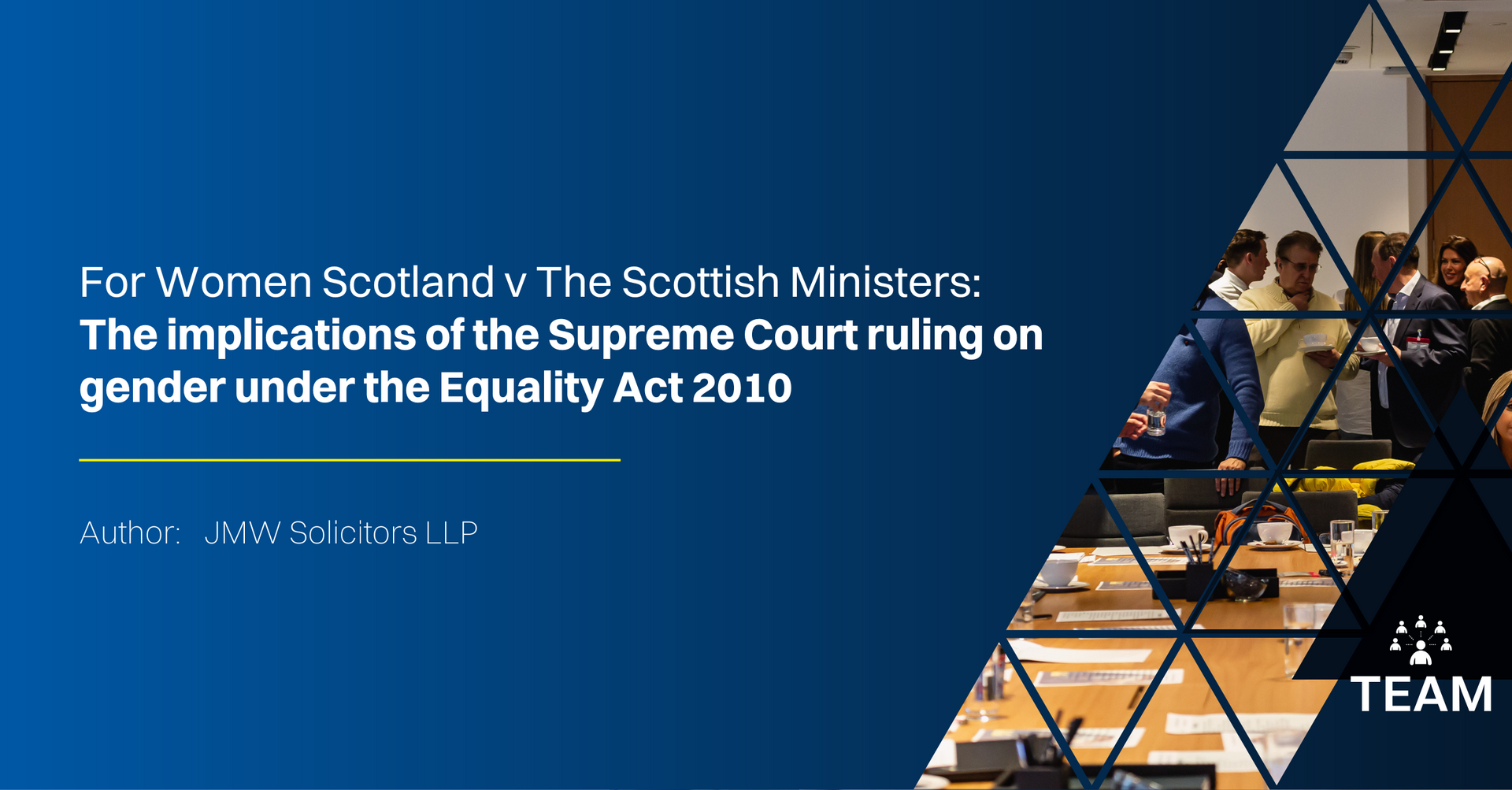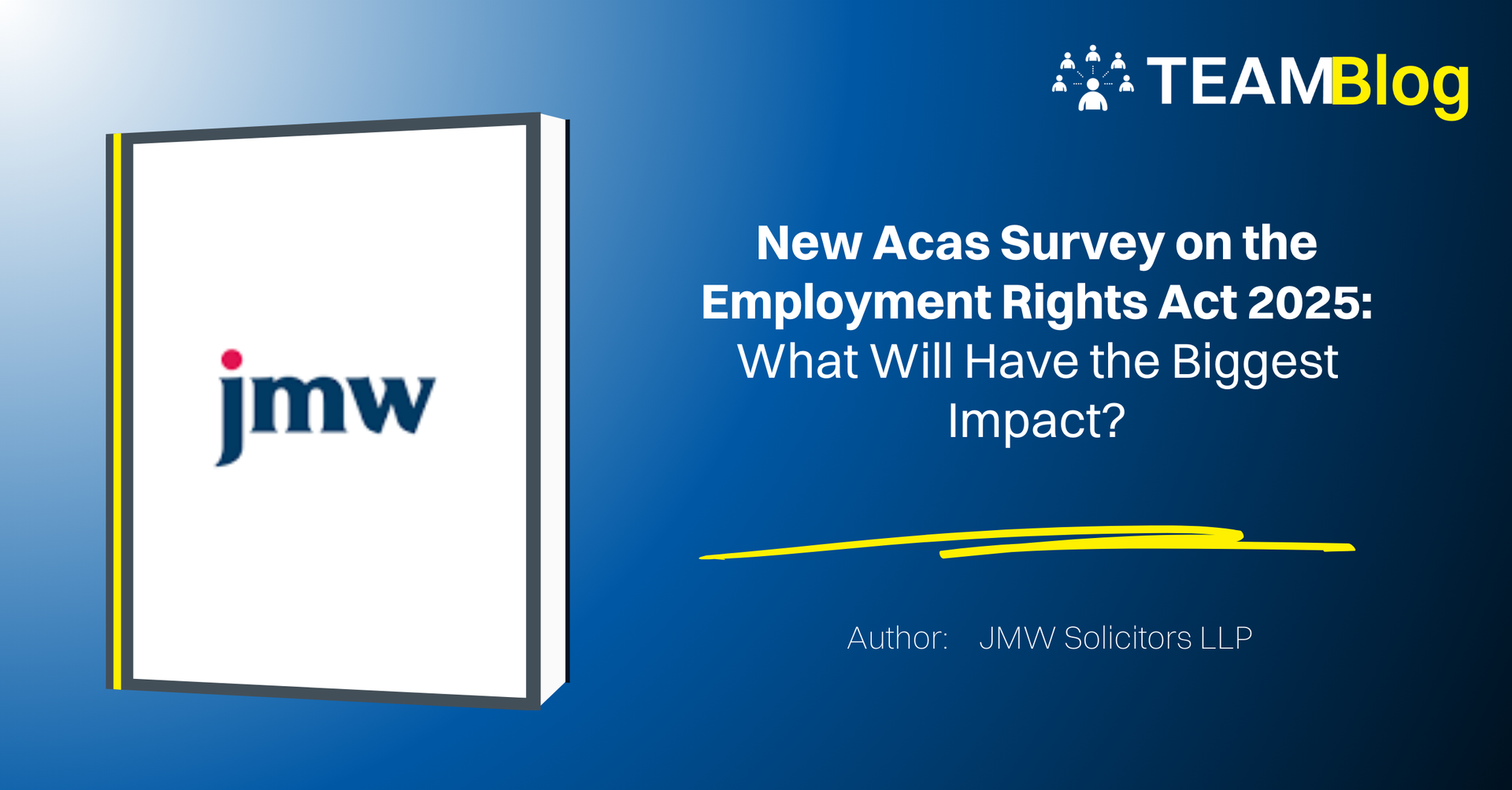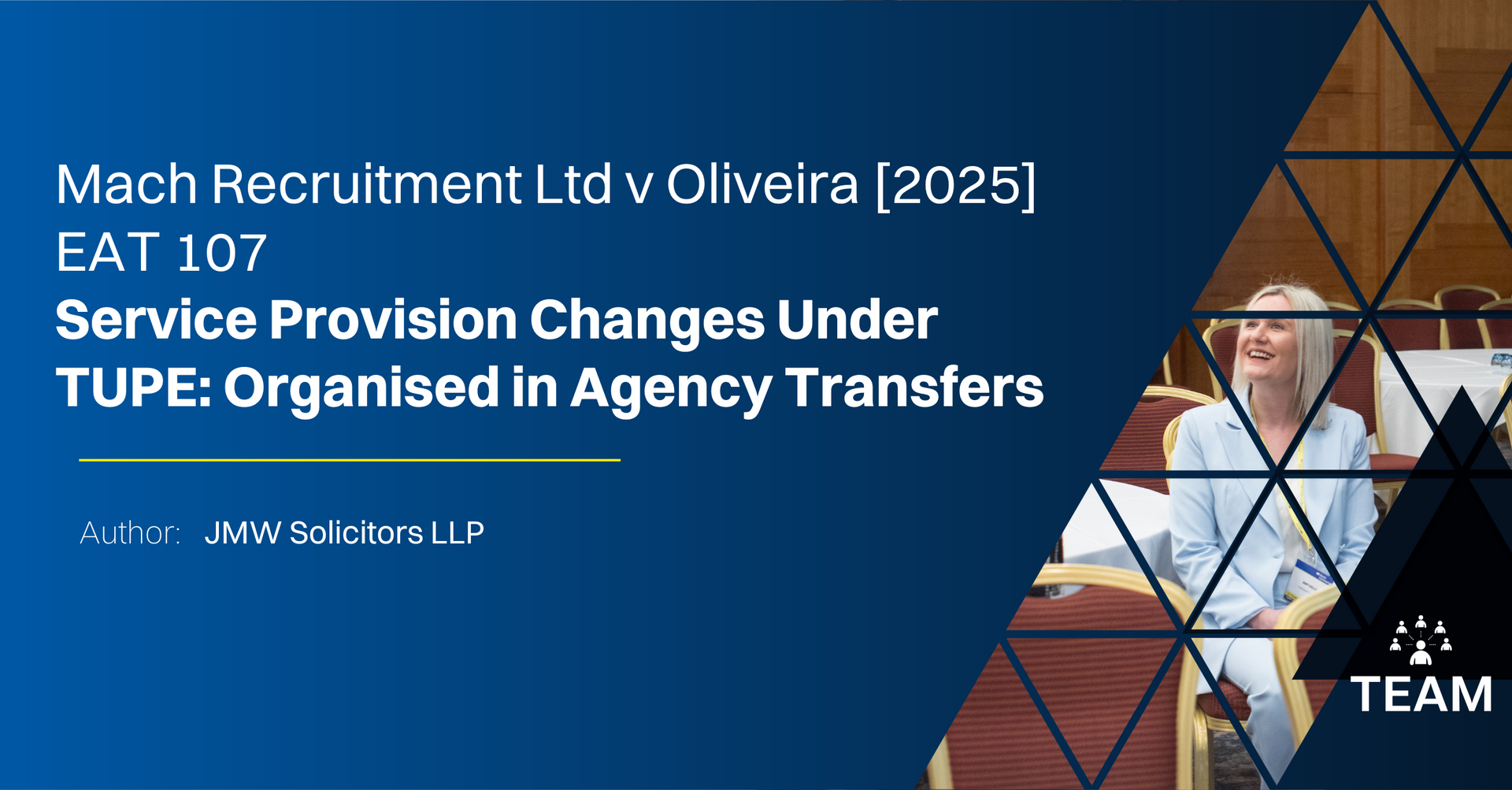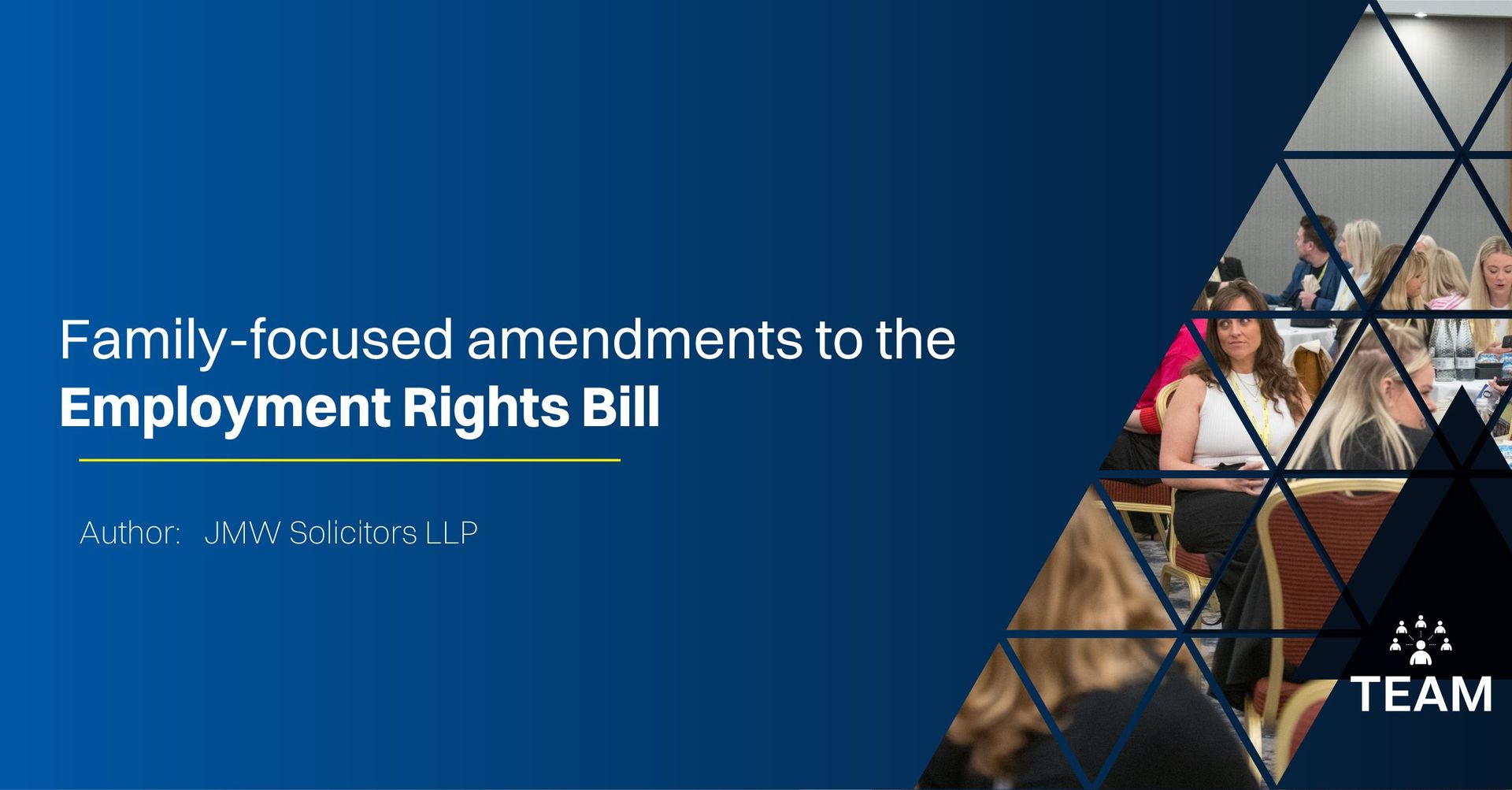The Department for Business and Trade have announced that the right to leave for employees with babies in neonatal care will be available from day one of employment from 6 April 2025.
The right to statutory pay during this time will be available to eligible employees who meet the service and earnings criteria. This comes after the Neonatal Care (Leave and Pay) Act (“NC(LP)A”) received Royal Assent in May 2023.
The current position is that if an employee’s baby requires specialist neonatal care after birth, they have no specific statutory right to leave or pay during this time. As a result, employees must use their existing statutory parental leave entitlement (such as maternity, adoption, shared parental or paternity leave) while their baby is in hospital. Due to the limitations associated with paternity leave, fathers and partners may exhaust their leave entitlement where their baby is in neonatal care for a prolonged period. The new entitlements to statutory neonatal care leave (“SNCL”) and statutory neonatal care pay (“SNCP”) aim to address these issues.
Under the NC(LP)A, employees will be entitled to SNCL along with additional existing leave entitlements (maternity, paternity and shared parental leave). This could increase demand for flexible staffing solutions, as parents engaged in various sectors are able to take more time off. Employers will likely look to recruitment agencies to fill any short-term staffing shortages.
After 6 April 2025, parents of babies who are up to 28 days old and admitted into neonatal care will be entitled to take SNCL and SNCP (subject to meeting the relevant eligibility criteria). The new rules stipulate that the baby must have been in neonatal care for a continuous period of 7 days or longer, which therefore excludes SNCL and SNCP for parents of babies who have a temporary and potentially less serious stay in the hospital. However, secondary regulations may specify exceptional circumstances in which neonatal care is regarded as continuous despite an interruption in the baby’s hospital stay.
Further, parents must be employees and have a parental or other personal relationship with the child who is receiving, or has received, neonatal care in order to take SNCL. Employees will be entitled to take SNCL for a minimum period of one week and a maximum period of 12 weeks. SNCL must be taken within the first 68 weeks of the baby’s life.
On the surface, the criteria for SNCL appears fairly broad and accessible to many parents who need it. As a result, recruitment agencies might need to adapt their strategies to accommodate more parental leave scenarios. This could involve offering more specialised services relating to short-term contracts.
The statutory requirements for SNCP will largely be the same as that for SNCL. However, unlike SNCL which is a day-one right, an employee must fulfil the following criteria in order to be eligible for SNCP:
- Have at least 26 weeks' continuous service ending with the relevant week (the relevant week differs depending on the other statutory pay entitlements the employee may have).
- At the end of the relevant week, be entitled to be in that employment.
- Receive normal weekly earnings (the average weekly earnings which, in the relevant period, have been paid to the employee or paid for their benefit under the contract of service with the employer) for a period of 8 weeks ending with the relevant week of not less than the lower earnings limit (currently £123 a week) in force at the end of the relevant week.
In terms of the rate at which SNCP will be paid at, this will be determined by further regulations. The ‘NC(LP) Bill: Explanatory Notes’ suggests the rate will mirror that of statutory maternity pay i.e. the statutory rate or, if lower, 90% of the employee's average weekly earnings. The cost of providing SNCP may affect employers’ hiring decisions, especially in sectors with tight margins or high staff turnover. Recruitment agencies may need to advise companies on balancing the financial impact of this new policy with the need for talent acquisition.
This article is for general guidance only and should not be used for any other purpose. It does not constitute and should not be relied upon as legal advice.
If you would like to discuss this article or any recruitment issue in more detail, please contact Paul Chamberlain of JMW Solicitors LLP either by email at paul.chamberlain@jmw.co.uk or by telephone on 0161 838 2762.












